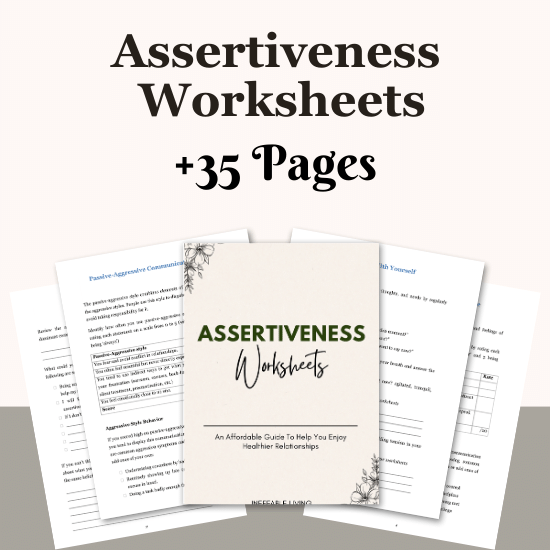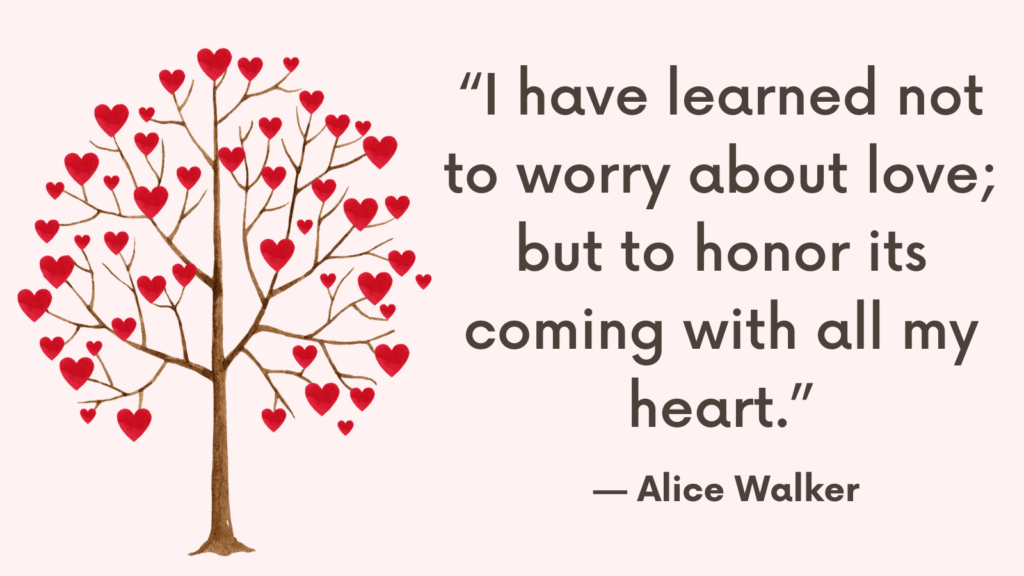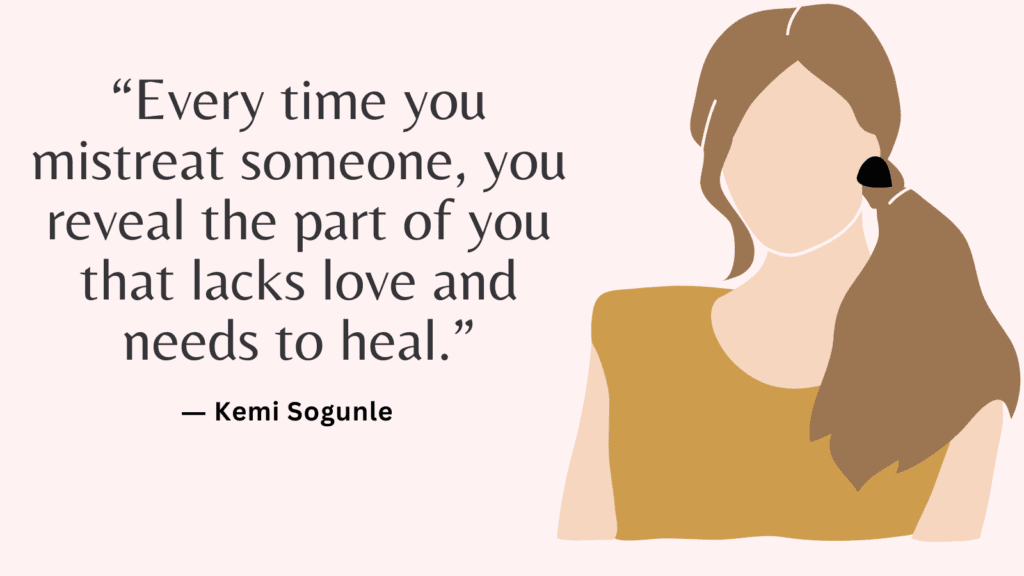In this post, you’re going to learn how to deal with family members that disrespect you.
Examples of Family Members Disrespect
Here are some common examples of disrespectful behavior within family relationships:
1. Verbal Insults and Put-Downs
Verbal disrespect can include name-calling, derogatory remarks, or belittling comments that aim to undermine a person’s self-esteem and confidence.
This form of disrespect can be particularly hurtful and damaging to an individual’s self-worth and emotional well-being.
2. Dismissive Attitudes
Disrespect can also manifest through dismissive attitudes, where family members consistently disregard another person’s thoughts, feelings, or contributions.
This behavior can convey a lack of value or respect for the individual’s opinions and experiences.
3. Undermining Personal Choices
Family members may demonstrate disrespect by undermining personal choices and decisions.
This can include overt criticism of lifestyle, career, or relationship choices, as well as attempts to exert undue influence over personal autonomy and decision-making.
Related: Top 8 Dysfunctional Family Roles
4. Boundary Violations
Disrespectful family members may exhibit boundary violations by disregarding personal boundaries and preferences.
This can include intruding on privacy, pressuring individuals into unwanted interactions, or manipulating familial roles and responsibilities.
5. Emotional Manipulation
Emotional manipulation is another form of disrespect that can occur within family relationships.
This may involve guilt-tripping, gaslighting, or using emotional tactics to control or diminish an individual’s sense of agency and autonomy.
6. Blaming and Shaming
Disrespectful behavior can involve blaming and shaming individuals for perceived shortcomings or mistakes.
This can create a toxic and emotionally damaging environment, contributing to feelings of guilt, shame, and inadequacy.
7. Aggressive or Hostile Behavior
Family members may display disrespectful behavior through aggressive or hostile actions, including yelling, physical intimidation, or threatening behavior.
Such conduct creates an environment of fear and emotional distress.
8. Public Humiliation or Embarrassment
Publicly humiliating or embarrassing a family member, whether in private or social settings, is a form of disrespect that can erode self-confidence and social well-being.
It’s important to note that these examples are not exhaustive and that disrespectful behaviors can manifest in diverse ways within familial relationships.
Related: Toxic Family Quiz
How to Deal With Family Members That Disrespect You?
1. Assess the Situation
Before taking any action, it’s essential to assess the nature of the disrespect and its impact on your emotional well-being.
Is the disrespect stemming from specific behaviors, communication patterns, or unresolved conflicts?
Understanding the root cause can provide clarity on how to approach the situation.
2. Communication and Boundaries
Assertive communication is a valuable tool in addressing disrespectful behavior.
Using “I” statements to express your feelings can help convey the impact of the disrespect without placing blame.
For example, “I feel hurt when you speak to me in that manner” allows you to express your emotions openly and assertively.
3. Setting Clear Boundaries
Setting clear and firm boundaries is crucial when dealing with disrespectful family members.
Clearly communicate what behaviors are unacceptable to you and what the consequences will be if the disrespect continues.
Consistency in enforcing these boundaries is key to conveying the importance of respect in your interactions.
Related: Top 10 Signs You Grew Up In A Toxic Family
4. Seek Support
Seeking support from other family members or trusted individuals can provide validation, perspective, and emotional support.
It’s essential to have allies who understand your perspective, as they can serve as mediators in family discussions or interventions, offering support and guidance.
5. Self-Care and Emotional Regulation
Dealing with disrespect from family members can take an emotional toll.
Engaging in self-care practices such as mindfulness, meditation, or activities that bring you joy and relaxation can help manage the stress and emotional impact of these interactions.
Prioritizing your emotional well-being is crucial to navigating these challenging dynamics.
6. Understanding Family Dynamics
It can be helpful to gain insight into family dynamics, including power structures, communication patterns, and historical influences.
Understanding the underlying dynamics at play can provide clarity and help identify potential strategies for addressing disrespect within the family context.
Related: Am I The Black Sheep Of The Family Quiz
7. Coping Strategies
Developing individual coping strategies can be empowering when dealing with disrespectful family members.
This may involve practicing assertiveness, establishing emotional boundaries, and engaging in self-soothing activities to manage stress and maintain emotional balance.
8. Empathy and Understanding
Practicing empathy and understanding, even in challenging circumstances, can be a powerful approach.
Understanding that underlying issues may be driving the disrespectful behavior can foster a sense of compassion and enable more constructive interactions.
9. Reflect on Personal Triggers
Reflecting on personal triggers and emotional reactions to disrespectful behavior can provide insight into underlying vulnerabilities.
Understanding your triggers can help you develop strategies for emotional regulation and resilience.
Related: Adult Child Syndrome: 3 Steps To Break Family Cycles

Conclusion
Dealing with family members who disrespect you is a complex and emotionally challenging experience.
Utilizing assertive communication, setting clear boundaries, seeking support, prioritizing self-care, and understanding family dynamics are essential strategies for navigating these difficult relationships.
Remember that you deserve to be treated with respect, even within the family context.



